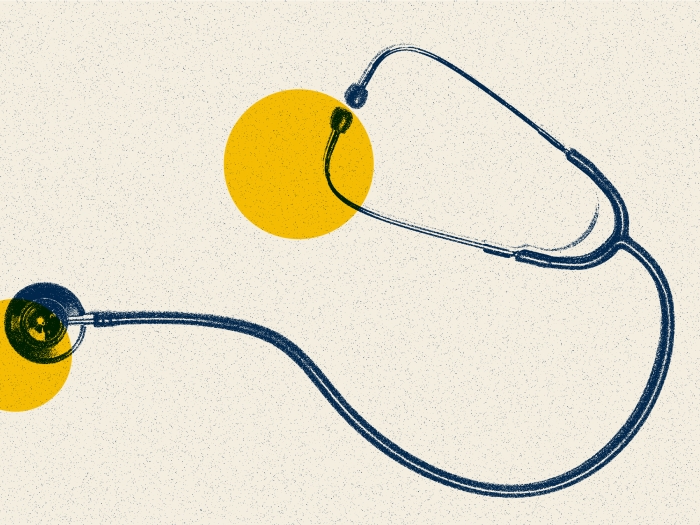Conventional wisdom would suggest a reduction in dietary salt intake for heart failure patients. For some, however, the elimination comes with added risk.
7:00 AM
Author |

Patients with heart failure are physiologically attuned to retain sodium and fluid because of neurohormonal activation and often renal dysfunction.
MORE FROM THE LAB: Subscribe to our weekly newsletter
Because worsening symptoms in heart failure are typically due to fluid congestion, the conventional wisdom has been to reduce dietary salt intake. In observational studies, low sodium intake is associated with fewer hospitalizations for decompensated heart failure.
However, restricting sodium also comes with a risk: an increase in systemic neurohormonal activity, which could be detrimental, particularly in patients with heart failure and reduced ejection fraction.
And some randomized trials, though flawed and challenging to interpret, suggest that sodium restriction increases readmission and mortality risk.
What's more, studies in hypertensive animal models — as well as in humans with hypertension — imply that the response to sodium is not inherently the same in all patients. "Salt-sensitive" people have greater increases than others in blood pressure, oxidative stress and inflammation during high sodium intake that may contribute to the development and worsening of heart failure. This has traditionally been attributed to impaired renal sodium excretion.
However, recent work suggests that some ingested sodium is not processed through the kidneys, but stored nonosmotically in the skin and other organs. The purpose and cardiovascular effects of this storage are not yet known. We and others are studying the endothelial glycocalyx, a thin glycoprotein lining of blood vessels, as a possible link between sodium intake and vascular dysfunction.
With the increasing understanding that frailty, sarcopenia (diminished muscle mass) and metabolic disarray are common and contribute to poor prognosis in older patients with heart failure, a blanket recommendation to eat less salt could have other unintended consequences.
In dietary surveys, older adults with heart failure who report eating a low-sodium diet frequently have calorie- and micronutrient-intake deficiencies that could directly contribute to weight loss and impaired mitochondrial function.
At this point, the only certainty is that further research is needed to define the appropriate diet for older patients with heart failure — and the answer may not be the same for everyone. Ongoing studies will provide more information over the next few years.
Until then, a proclivity to restrict salt intake is reasonable — provided that careful attention is paid to volume management and diuretic dosing to avoid excessive neurohormonal activation. In my practice, I also recommend consultation with a dietitian to make sure that a well-intentioned focus on sodium doesn't contribute to deficiencies in caloric or other nutrient intake.
This article was originally published on aginghearts.org and is republished here with permission.

Explore a variety of healthcare news & stories by visiting the Health Lab home page for more articles.

Department of Communication at Michigan Medicine
Want top health & research news weekly? Sign up for Health Lab’s newsletters today!





